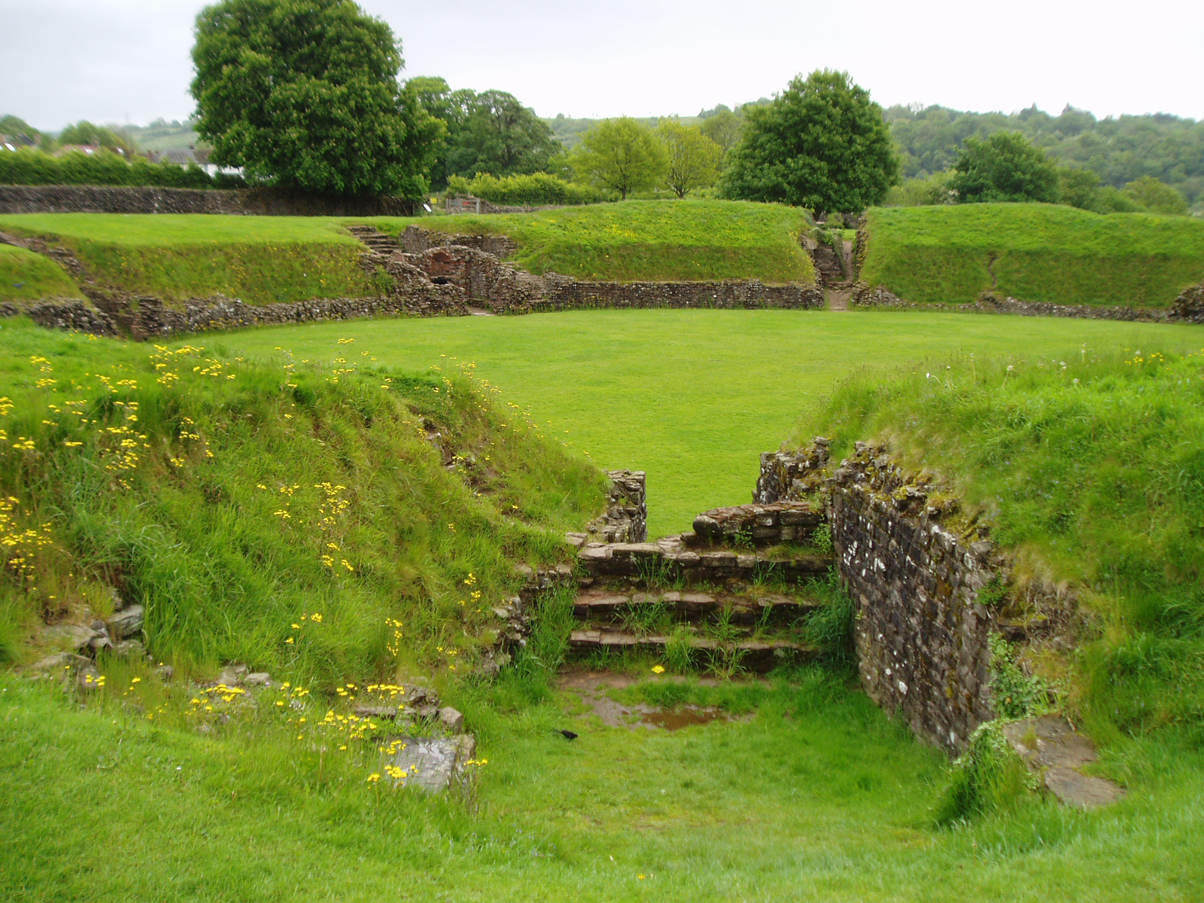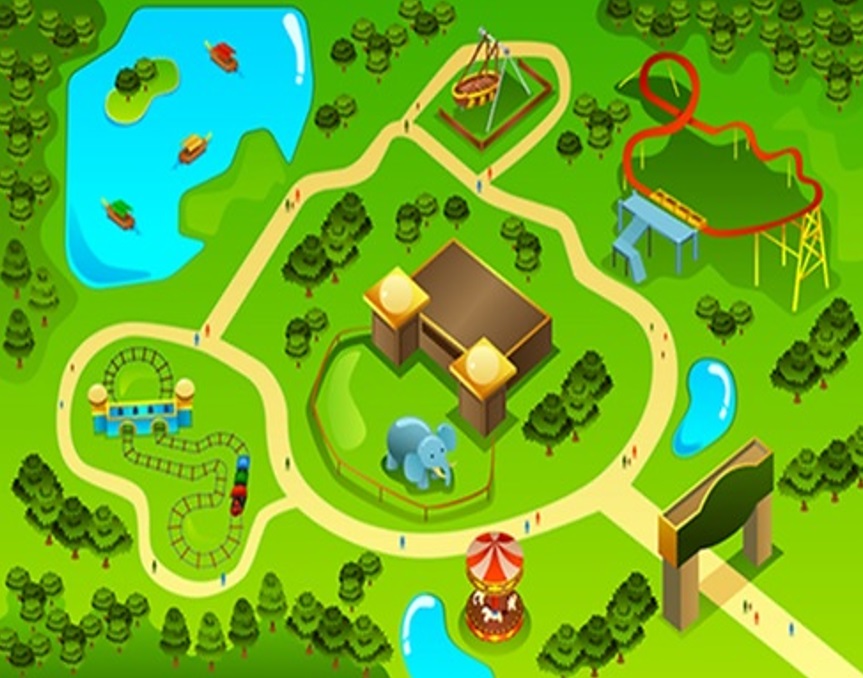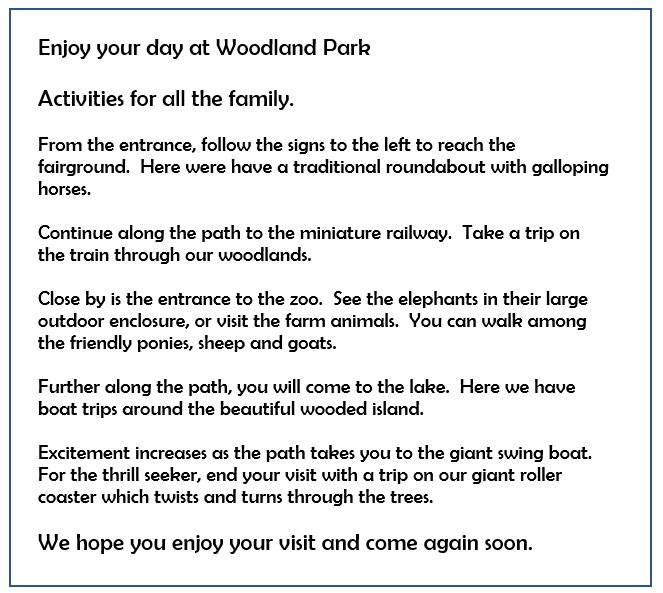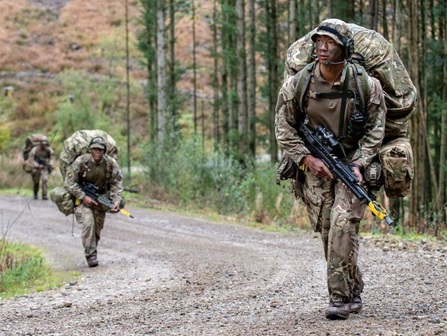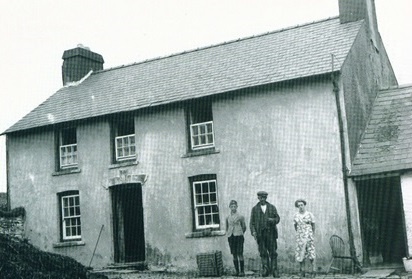Roman Caerleon
Caerleon is the location of Isca Roman fortress.
This was one of only three permanent Roman forts in Britain.
The soldiers in Isca came originally from northern Italy, France and Spain.
Life was difficult for Roman soldiers in Wales in the first century.
They risked their lives in battles with ancient Britons.
The soldiers were housed in cramped barracks rooms with their weapons.
Wales would feel like the most distant corner of the Roman empire.
The soldiers had some of the comforts of home.
They could visit the baths to meet friends.
There were cold, warm and hot indoor baths and a huge outdoor swimming pool.
The soldiers could also go to the amphitheatre to watch the gladiators fight.
Caerleon has the most complete Roman amphitheatre in Britain, with space for six thousand spectators.
Translate the sentence:
Caerleon is the location of Isca Roman fortress.
Suggested translation: (a number of alternatives acceptable)
